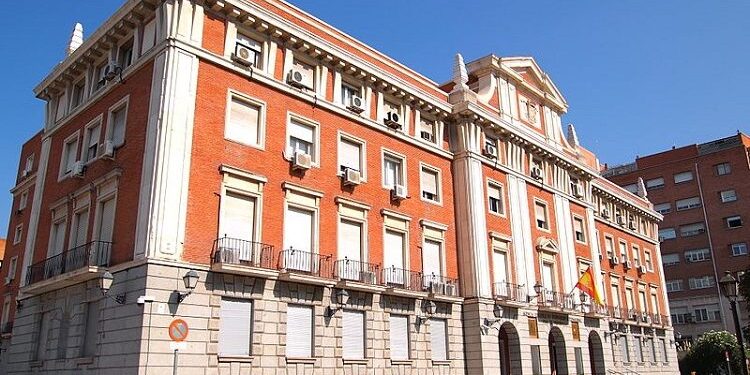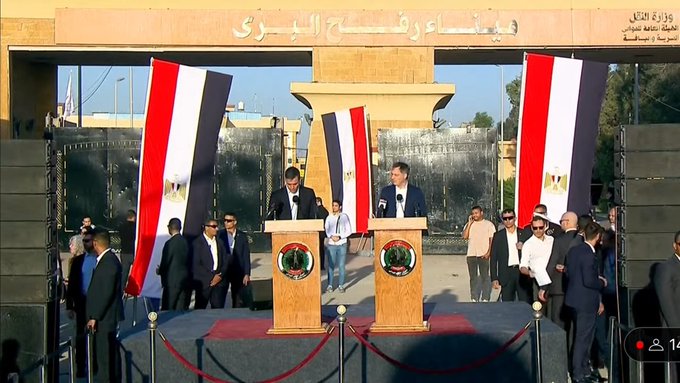Eduardo González
The Spanish Agency for International Development Cooperation (AECID), ten autonomous communities and the Spanish Federation of Municipalities and Provinces (FEMP) have renewed the Agreement with Decentralized Cooperation and have increased their economic contributions to this matter compared to the previous 2018 agreement.
The agreement (the first under the new Law on Cooperation for Sustainable Development and Global Security, approved in February of this year) was signed on October 25 by the State Secretary for International Cooperation and president of the AECID, Pilar Cancela Rodríguez, and by the representatives of the autonomous communities of Galicia, Andalusia, Asturias, Cantabria, Valencian Community, Castilla-La Mancha, Canary Islands, Extremadura, Balearic Islands and Castilla y León and the FEMP between the end of September and the beginning of November.
This is the third agreement of this nature, after those of May 20, 2015 and October 3, 2018. The objective of this agreement – published this past November 24 by the Official State Gazette (BOE) – is to regulate the cooperation of the signatory parties in matters of humanitarian action and, specifically, the establishment of the specific purposes of said coordination, as well as the financial commitments assumed by them.
In particular, interventions co-financed within the framework of this agreement must focus on the priorities established at the first World Humanitarian Summit: promoting women’s empowerment and leadership and women’s rights; strengthen an inclusive approach to the design, implementation, monitoring and financing of assistance; develop local and national capacities to respond to crises and directly finance local and national actors and develop their capacities in disaster and risk management, particularly local women’s groups.
In accordance with the new agreement, the AECID undertakes to make a minimum annual contribution of 1.5 million euros, which will come from the budget assigned to the Humanitarian Action Office. Depending on its budgetary availability, the Agency will make an effort to progressively increase this contribution during the annuities included in the period of validity of the agreement, so it could range between 1.5 million and 2.5 million euros per year. In the previous 2018 agreement, the AECID contributed one million euros in each year.
Additionally, each of the autonomous communities will contribute a minimum amount of 75,000 euros per year (compared to 50,000 in 2018), which, depending on their budget availability, could increase to 150,000 euros. The minimum annual contribution of the FEMP – which is expected to vary each year, as it is the result of the contributions made by the local entities that comprise it – will be set at five thousand euros. Depending on its budget availability, the FEMP could raise this amount to 150,000 euros.
The agreement establishes that, of the annual budget resulting from the contributions of the parties, a percentage of at least 30% will be reserved for a contingency fund, as an unprogrammed budget, which will be activated in the event of a humanitarian emergency.
The presidency of the coordination, monitoring, surveillance and control commission of the agreement will be carried out on a rotating basis, for semiannual periods, by one of the representatives of each of the autonomous communities and the FEMP. In the event that other autonomous communities subsequently adhere to the agreement, these communities will exercise the presidency in chronological order of accessions, once the initially established turn of presidencies has ended. The Canary Islands will be the community that exercises the first turn of presidency.







